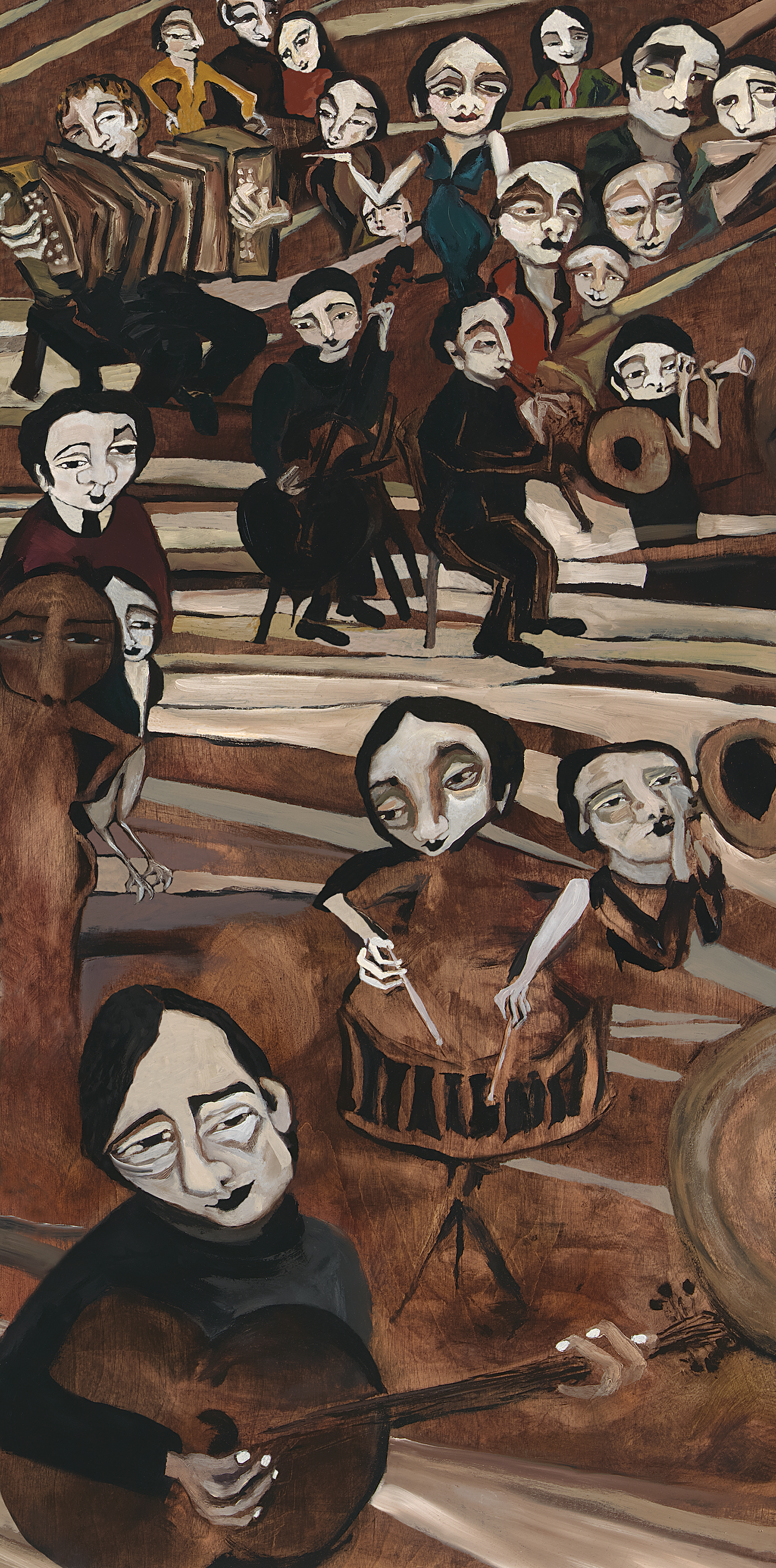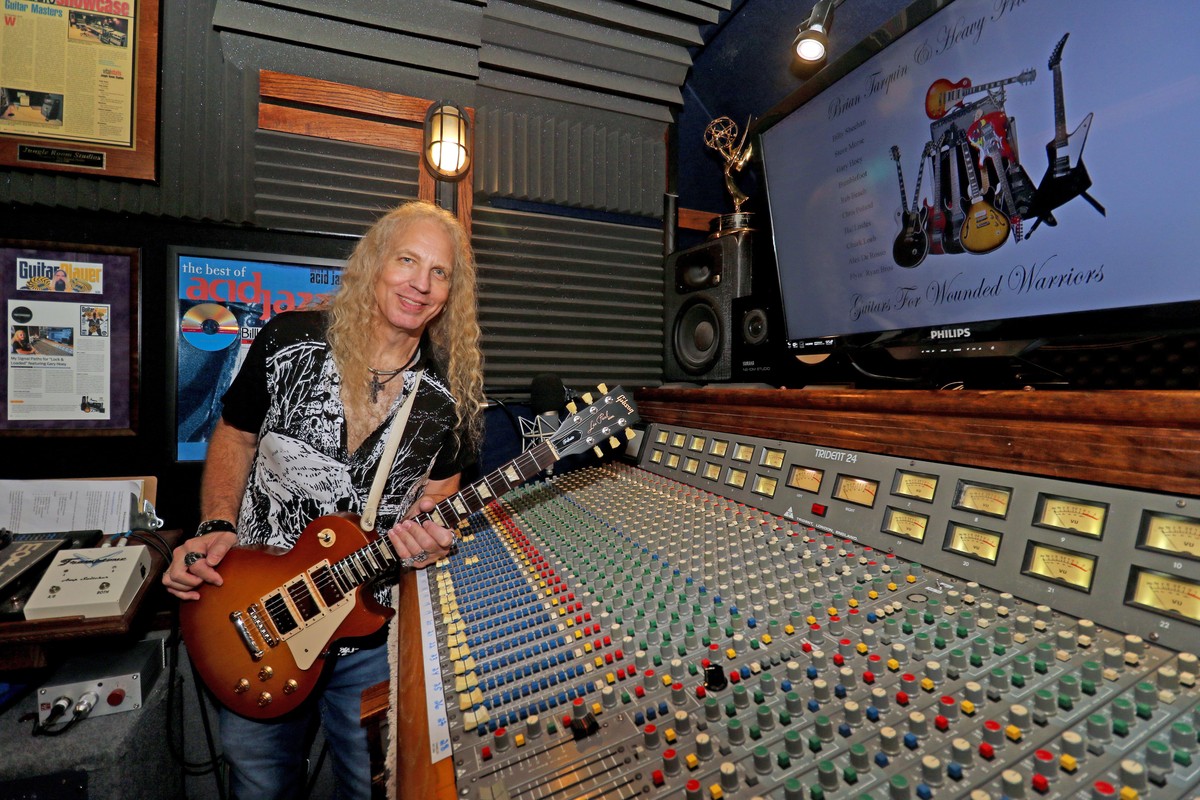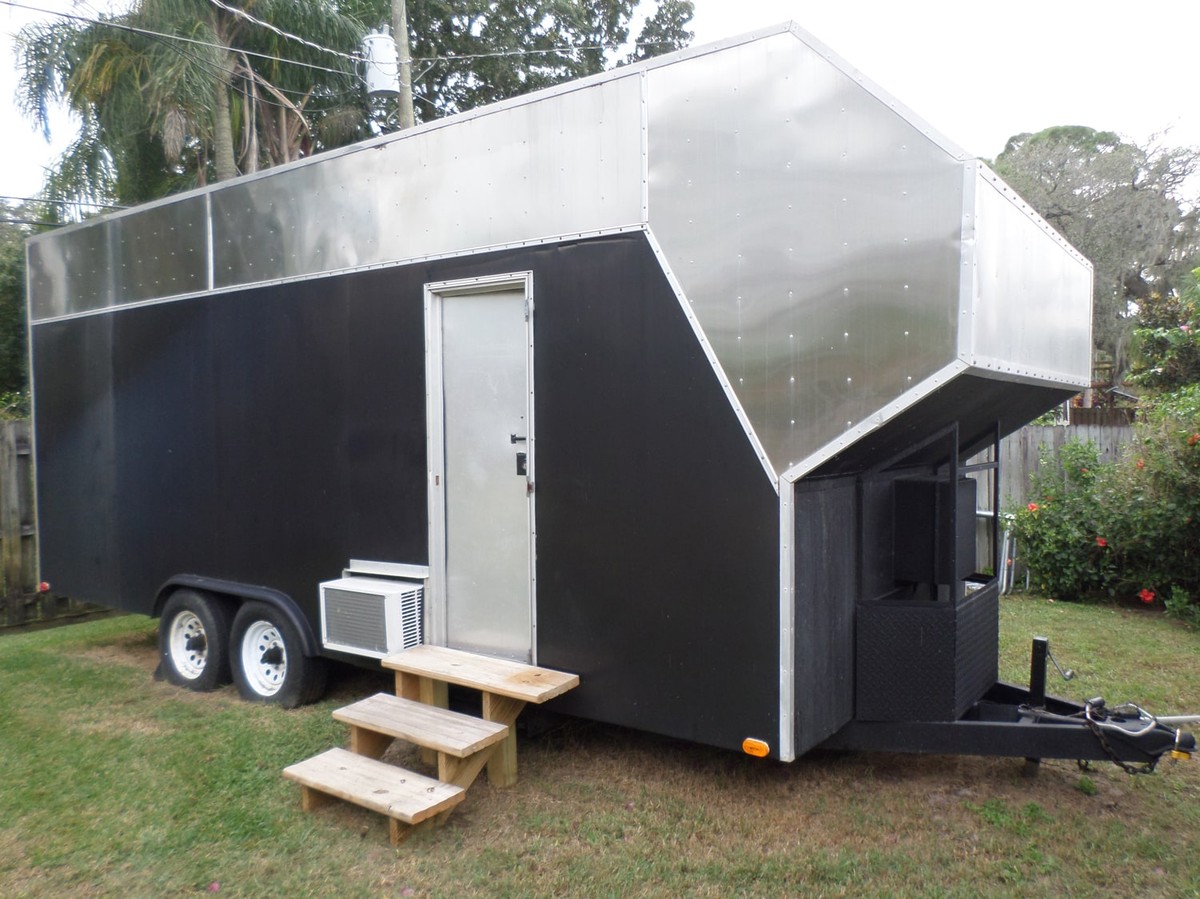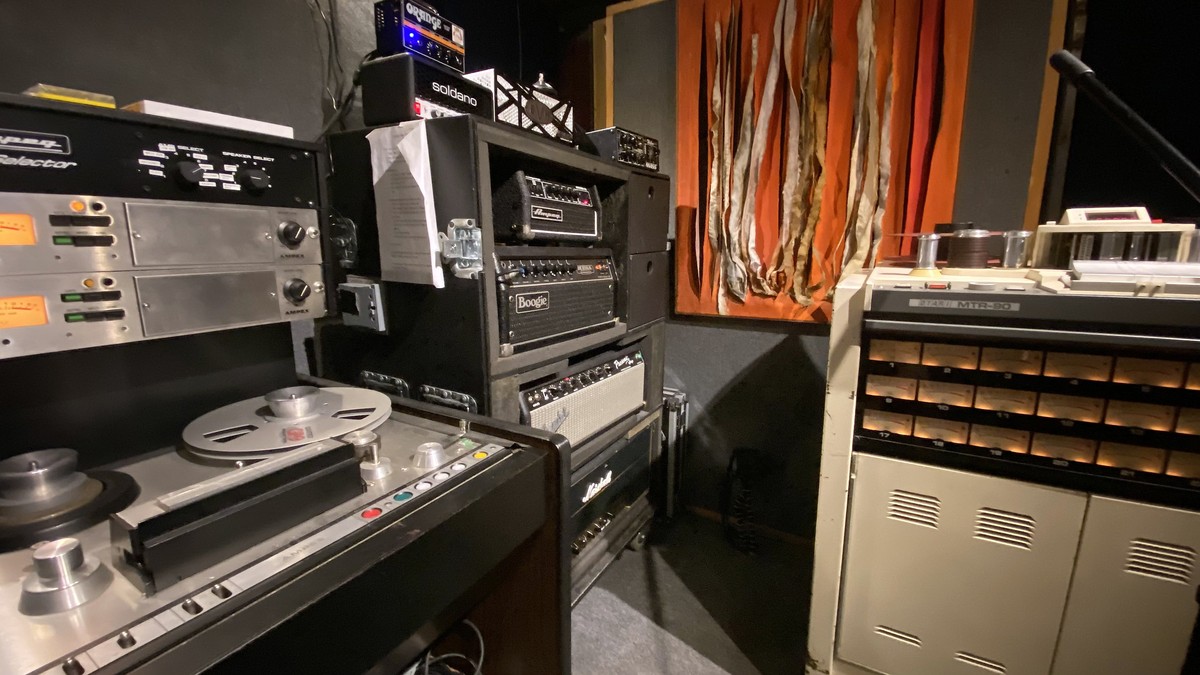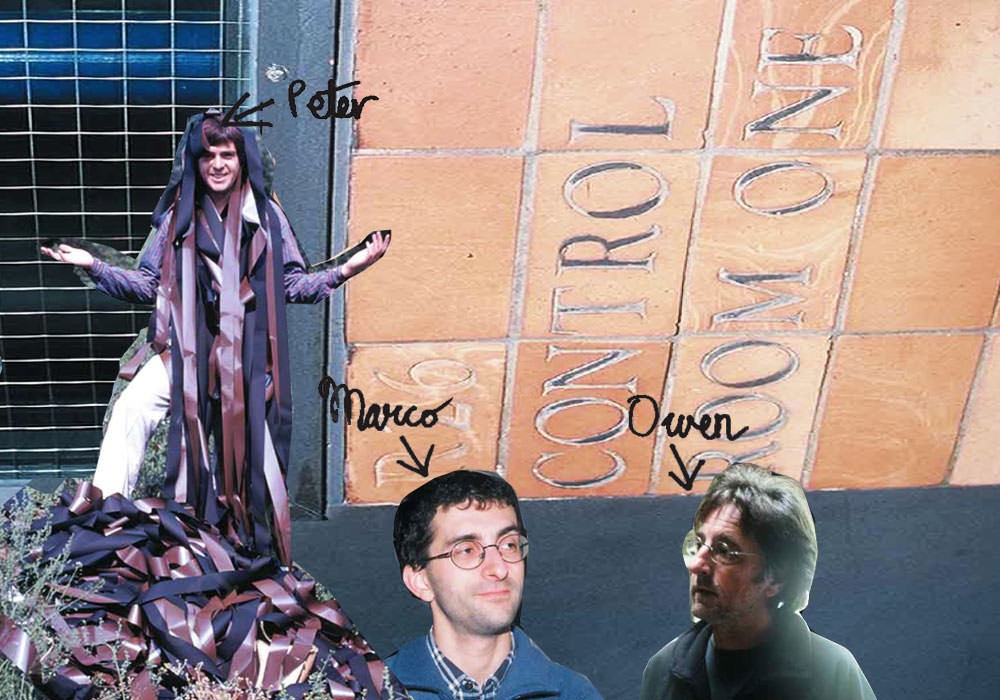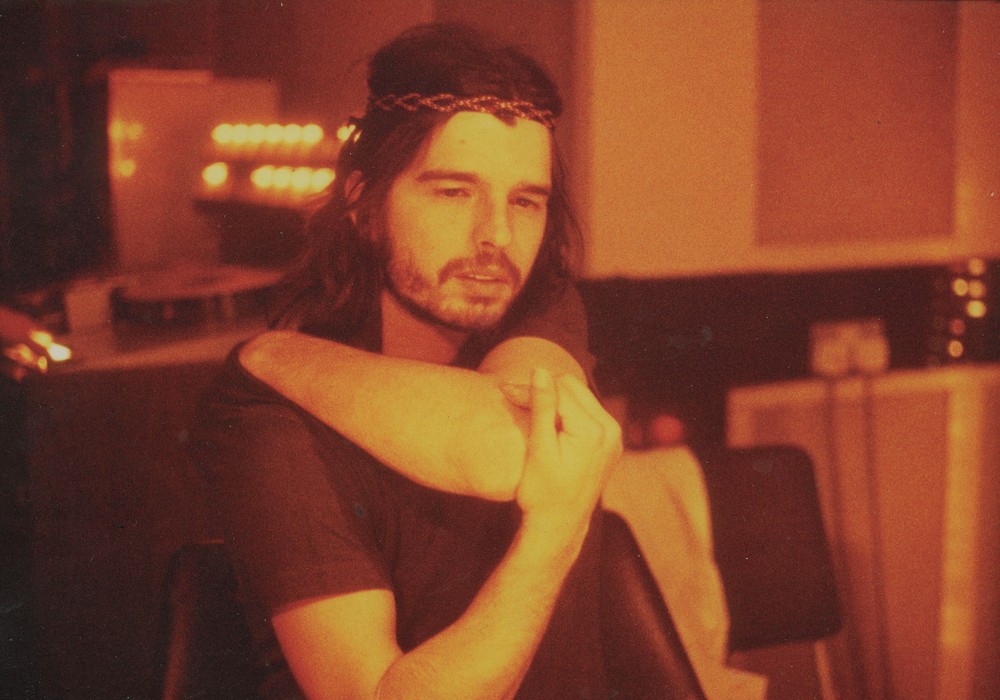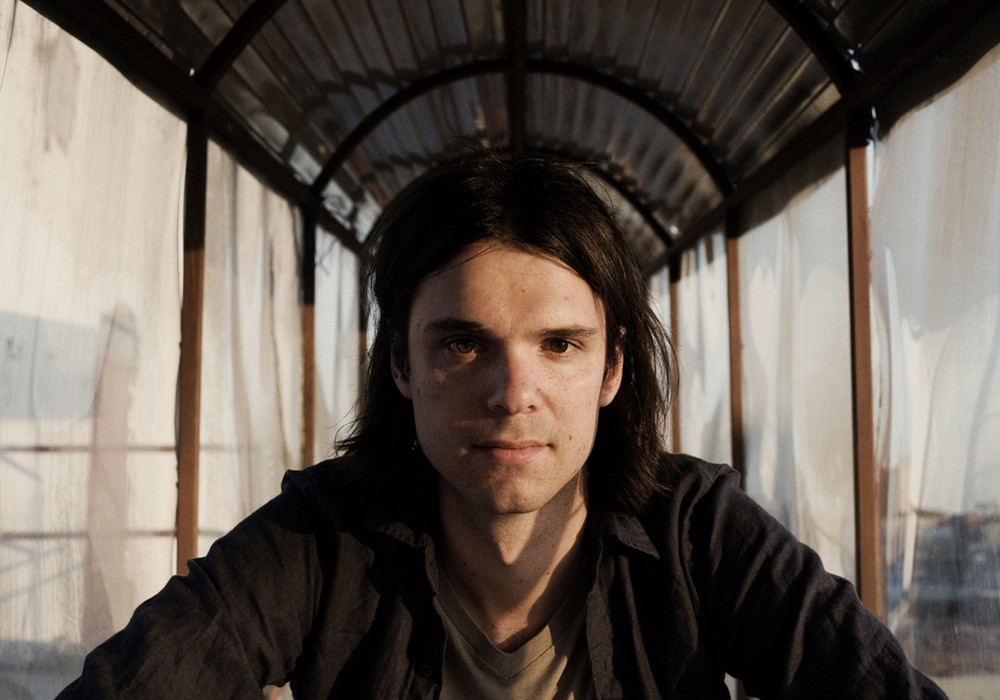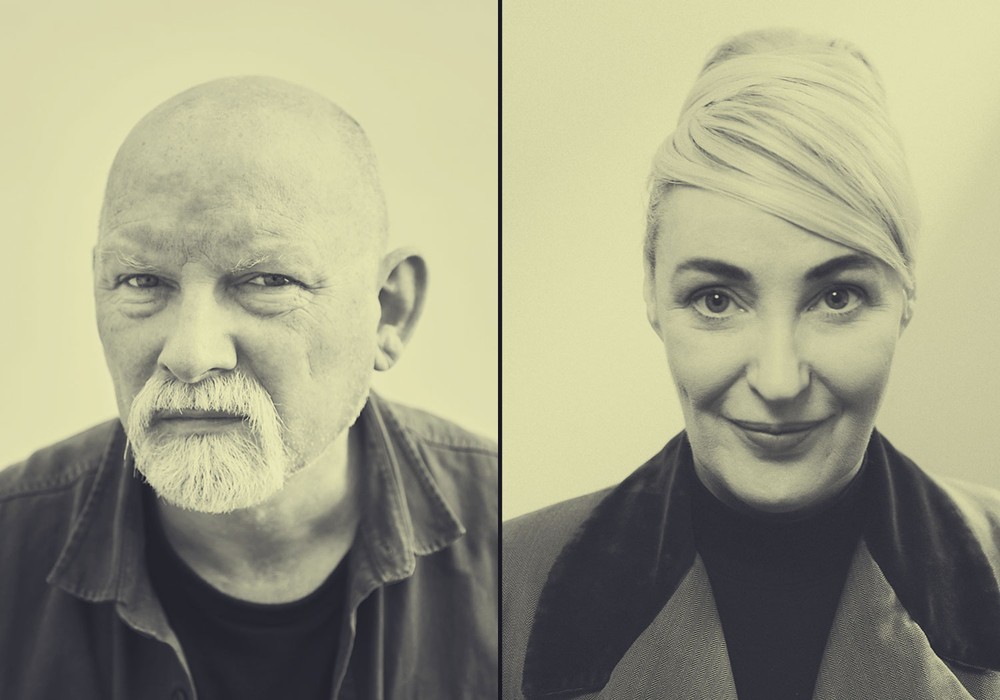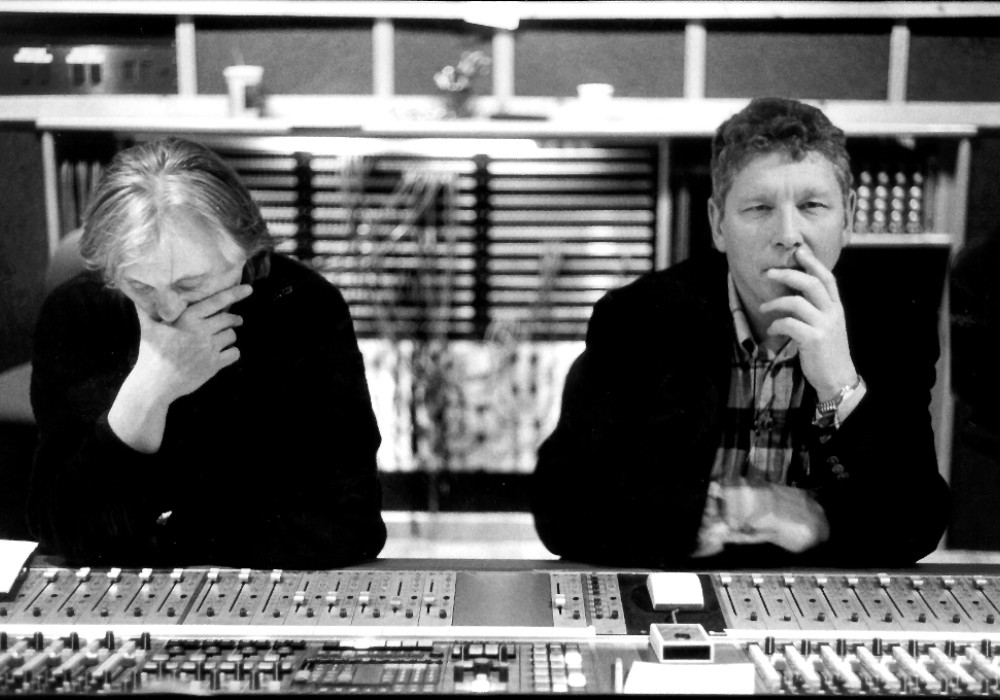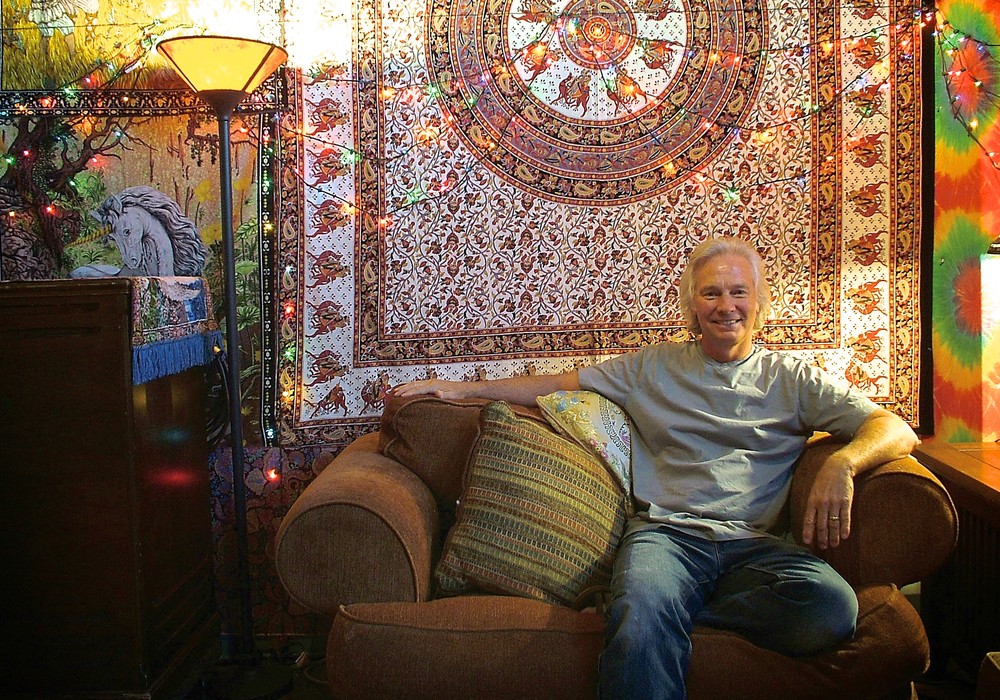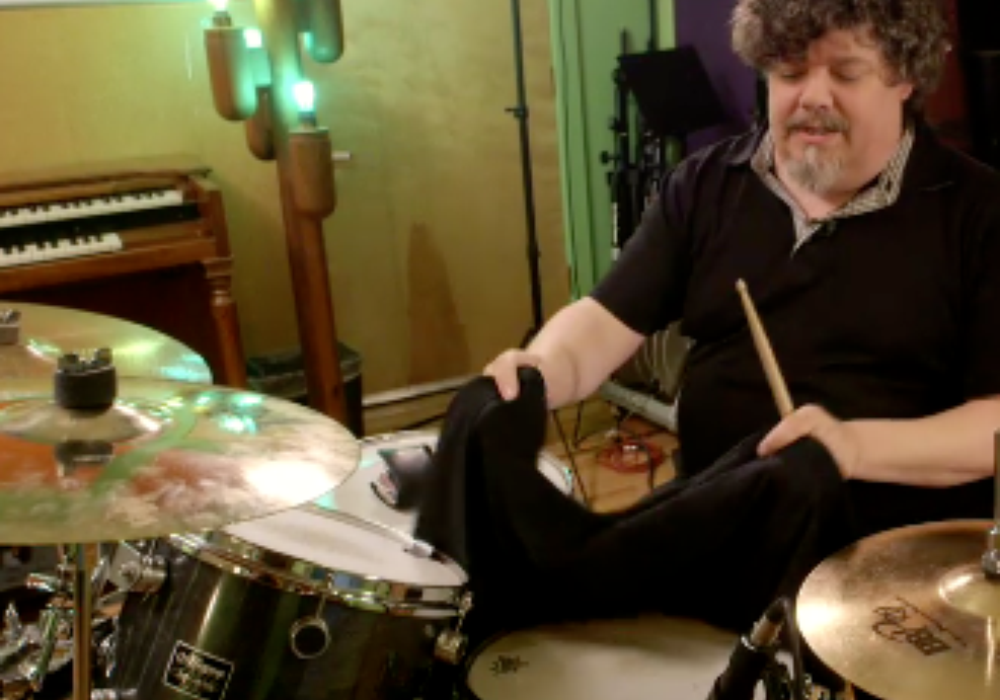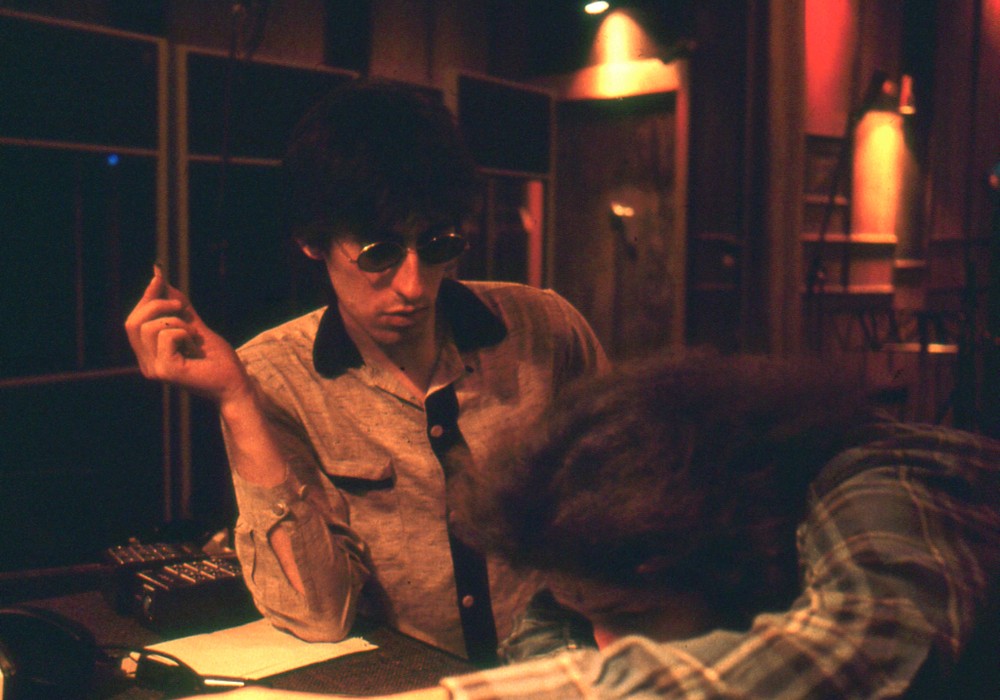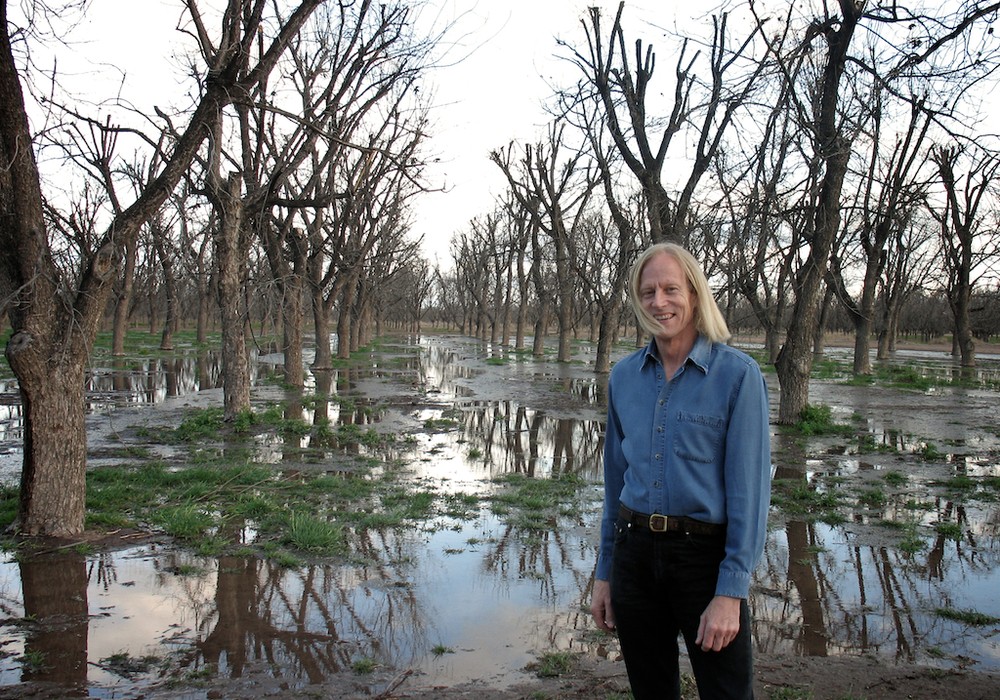Where are you living these days?
I just moved back to Cocoa Beach, Florida, from Woodstock, New York. I have my studio set up in Cape Canaveral, a neighboring beach town.
What’s your background?
In the beginning I started out doing a lot of contemporary jazz. There were a lot more stations in those days. I had a number of hits on those, and I toured with George Benson and Kenny G. It was cool. Then I kind of saw the writing on the wall, that it was going to end, and I switched over and really got into doing more hard rock. It's what I grew up with. I embraced that again, and I try to get as many people involved in doing what I’m doing. I like to do these benefit albums, because they give more meaning to songwriting and everything.
Yeah, I noticed that with the recent one, Brothers In Arms, and Guitars for Wounded Warriors before that. There was a jazz album for the Pulse nightclub victims, Orlando In Heaven.
I did that with [guitarist] Larry Coryell. I was fortunate to work with him in Florida before he passed away. That was a cool session with him, one on one.
You’ve roped in a crazy list of people for these records. How do you go about getting some of these names to come in?
Usually, I’ve got some introduction to them and I’m talking to them. We discuss what I’m working on and thinking about. I ask them if they would be interested, and if they want to get involved. Usually, they’re pretty open with everything. I usually try to tailor the songs to them so that I don’t give them something that’s way out of their line. I try to be specific with everything that I do with that.
Like writing?
Yeah, writing songs and saying, "This will be good for Joe Satriani.” But I’ll give him a couple to choose from, in case he likes one better than the other. I’ll make sure to have a backup. I try to hone into it so that I'm not giving some straight-ahead song to the guy from Armored Saint or something.
You've mentioned having a mobile analog rig.
Yeah, I do. I bought this thing from Southern California. It was a 26-foot trailer that was specially made for audio recording. They had extended the ceiling to 9 or 10 feet. It has two rooms with a sliding door between the two. One’s a little live room and the other's the control room. I use digital, because you have to do so today. But everything does go through the desk. I have a modified Trident 24 [console] from 1986 that I completely brought back to life years ago. It fits absolutely perfect. It had two producer desks, so I had to get rid of one in order to fit it! It’s got a patchbay that’s built in from the factory. I have an Otari MTR-90 2-inch [tape deck] that I recorded all the drums, bass, and guitars on. And I mixed everything down to an Ampex AG-440, an old dinosaur 1/4-inch, but it sounds so good. With this project I could take the time to do that. For mastering, we mastered it right off the tapes.
Yeah, don’t do a transfer and then send it over!
Exactly. We took the tapes and went to Airshow Mastering in Boulder, Colorado. It’s a great process. It’s a longer process, but it was well worth it at the end of the day.
You’re tracking the rhythm section to tape, and then moving it over to digital?
I get as much as I can done on tape, and then I transfer it over to either [Avid] Pro Tools or [Apple] Logic. From that point, I’ll work in a digital domain, fly in the parts and everything, and then mix it from there. I'll get the best of both worlds. Especially because a lot of this was done over the pandemic and lockdown. Nobody could come over, even...
